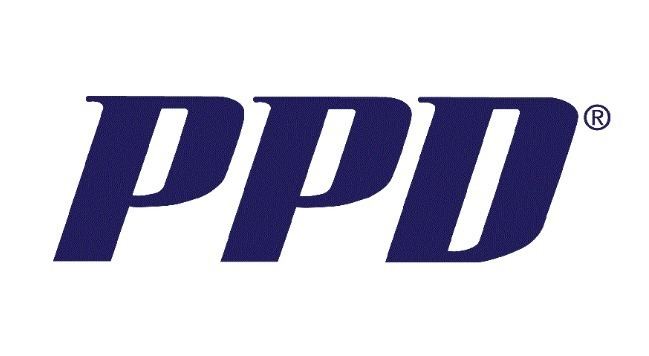Type Private Founder Fredric N Eshelman Number of employees 18,500 (2017) | Website www.ppdi.com Founded 1985 Parent organization Jaguar Holding Company I | |
 | ||
Industry Contract research organizations
Pharmaceutical
Biotechnology Key people See Principal Officers page of the PPD Website Products Contract clinical research for pharmaceutical, biotechnology, medical device, academic and government organizations; services include discovery, development, lifecycle management and laboratory services. CEO David Simmons (4 Jun 2012–) Headquarters Wilmington, North Carolina, United States Subsidiaries PPD Pharmaceutical Development India Private Limited Profiles | ||
Pharmaceutical product development
Pharmaceutical Product Development, LLC (PPD) is a global contract research organization (CRO) providing discovery, development and post-approval services as well as compound partnering programs. The company’s clients and partners include pharmaceutical, biotechnology, medical device, academic and government organizations.
Contents
- Pharmaceutical product development
- History
- Location
- Operations
- Clinical Development Services
- Laboratory Services
- Discovery SciencesCompound Partnering
- References
History
PPD was founded by Fred Eshelman, Pharm.D., as a one-person consulting firm in 1985. The following year he expanded the company's scope to include development services and relocated operations from Maryland to North Carolina.
Location
PPD maintains its worldwide headquarters in Wilmington, N.C. The company has more than 18,500 employees and offices in 47 countries.
Operations
PPD provides drug discovery, development, lifecycle management and laboratory services. PPD has a 300-bed healthy volunteer (Phase I) clinic in Austin, Texas.
Clinical Development Services
PPD provides product development and post-approval services for biopharmaceuticals and devices, as well as full service Phase II-IIIb clinical studies for multinational regulatory submissions. PPD also offers clinical data management and information solutions, including consulting and proprietary software tools to speed collection, analysis and reporting of clinical trial data.
Laboratory Services
PPD provides bioanalytical, cGMP product analysis, central laboratory, and vaccines and biologics lab services.
Discovery Sciences/Compound Partnering
The discovery sciences segment offers biomarker discovery services, nonclinical development and preclinical services. Through its compound partnering program, it also seeks to in-license early-stage compounds, take them through proof of concept, and out-license them to its partners for late clinical testing and commercialization. PPD shares in the risks and rewards of bringing a drug to market, gaining revenues generated by licensing fees, milestone payments and commercial royalties.
The company’s post-approval services include epidemiology, risk management and outcomes research; late-stage trials; medical information; product safety; registries and observational studies.
